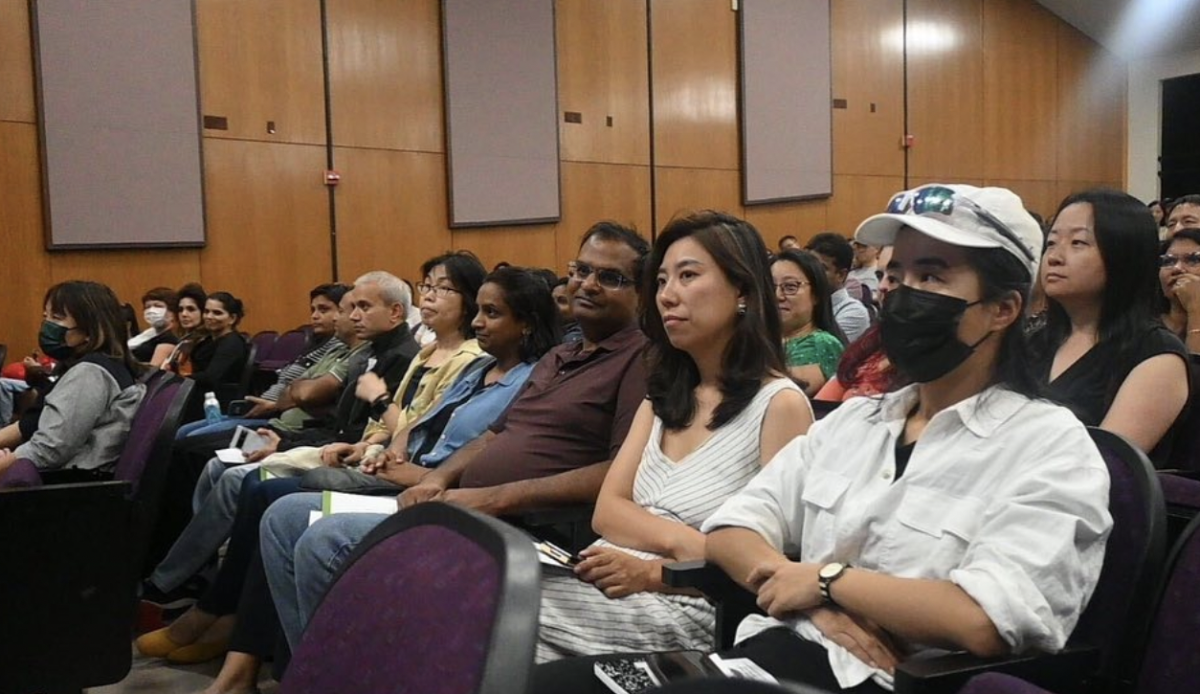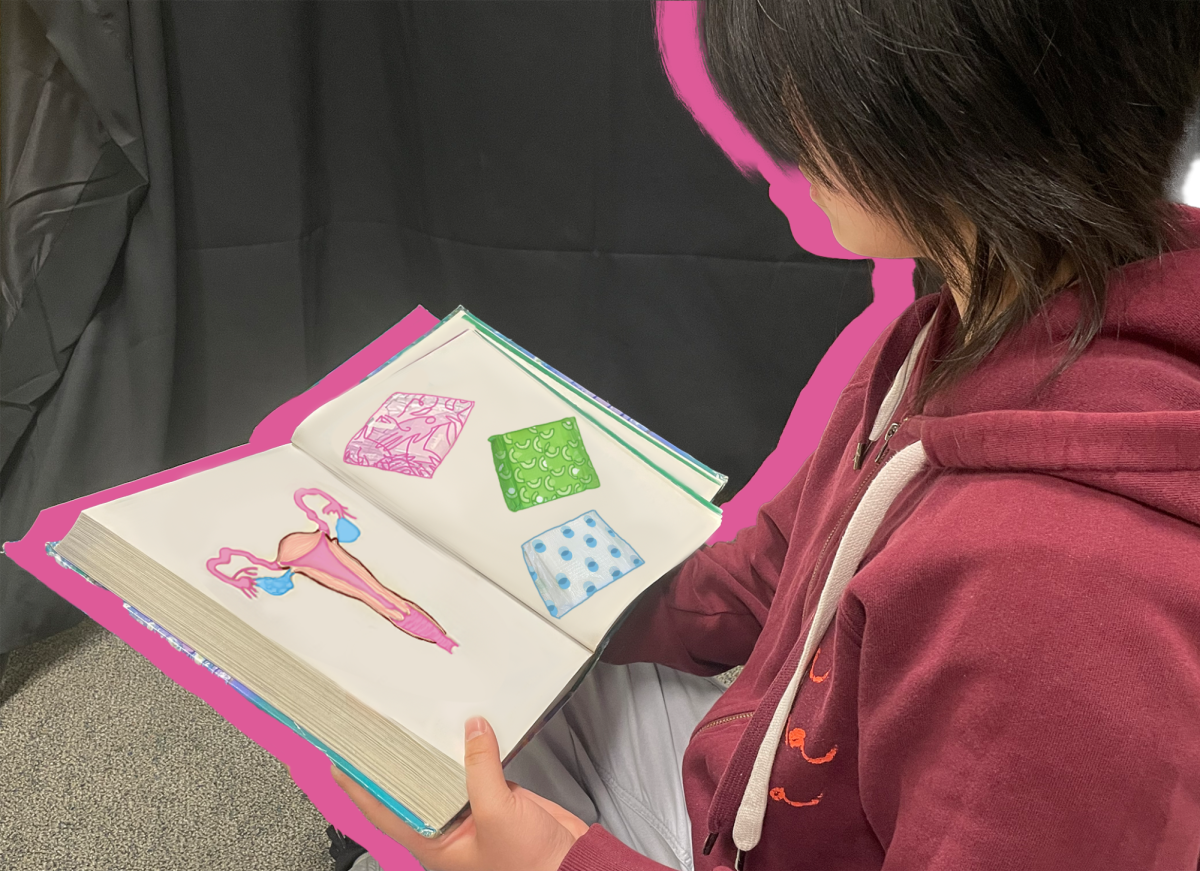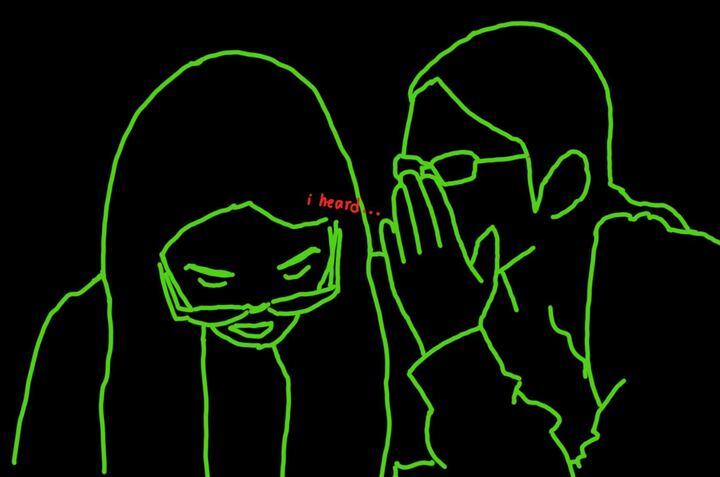I promise this will be the last story I write about my old dog Tika.
I’ve written a lot of “dead dog” personal narratives since my first dog, Tika, passed away when I was in third grade. Nearly every year, I knew what I wanted to write about well before the personal narrative unit in Language Arts started: another revision of my fourth grade story that would somehow portray my emotions and memories of Tika so clearly, she would be immortalized in my writing.
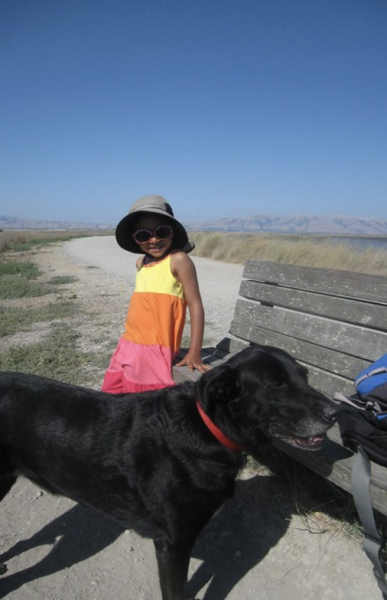
Each of the personal narratives I wrote started on the way to the animal hospital on the day Tika died. My parents had decided to put her down because she was suffering from liver failure, and unbeknownst to me, I was entering the hospital to see her for the last time. I didn’t really understand this when going into the hospital, believing that she would come home with us. I thought the shot she was receiving would ease her pain until she passed, and only realized the truth when my parents came home without her.
Every time I rewrote my story, I intended to finally perfect it and portray my emotions more clearly than the previous one — more specifically, my guilt over not saying goodbye to her. Each new draft emphasized how Tika was forever out of reach, and how I would never get another chance to say a proper goodbye.
For years after Tika’s passing, little things, like eating pizza crusts and an Indian dish called Puranpoli became reminders of my best friend that brought immense sadness with them. Nov. 4, the day she passed, became a day I dreaded every year — as October ended and November began, my memories of Tika’s passing became more potent, often bringing me to tears. I had subconsciously associated memories of Tika with her passing, and my guilt had clouded my perception of her.
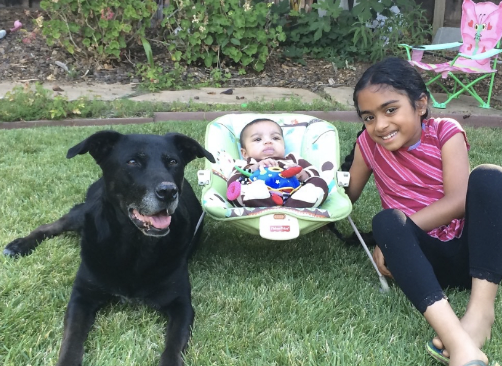
While cleaning out some old papers, I came across one of my old essays titled “Angels.” I decided to read it, and two lines in, I found myself uncomfortable — the bad writing may have played a part in this, but I think my discomfort was largely because of the way I had portrayed my relationship with Tika in the essay.
I realized that I had been scared of moving on, and that fear had forced me to keep reliving the day of her passing. Ultimately, moving on from the painful memories didn’t mean forgetting Tika, or caring any less about her — my relationship with Tika was so much more than her final few days. I might remember the day she passed the most clearly because it hurt the most, but that day was only a small fragment of nine years of going to the beach with her (and falling headfirst in the water), or spending hours lying down on the floor with her reading a book.
As Nov. 4 comes up, I am finally able to say that after seven years, I feel closer to Tika than ever before when I embrace the positive memories of her. I don’t feel the need to write any more stories about her because I am slowly learning to move on from the negative memories. I can look at things that remind me of her — my dogs now, cold beaches, her old collar — and smile instead of feeling bad, because those memories are what immortalize her more than any story I can write.





